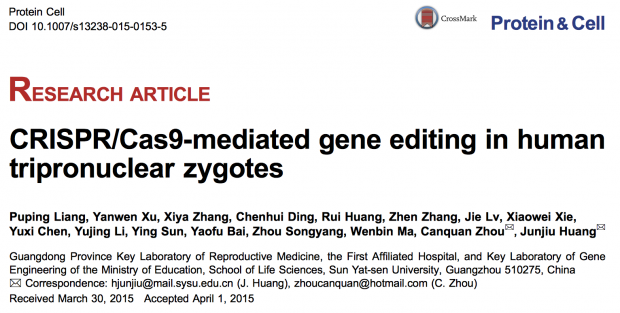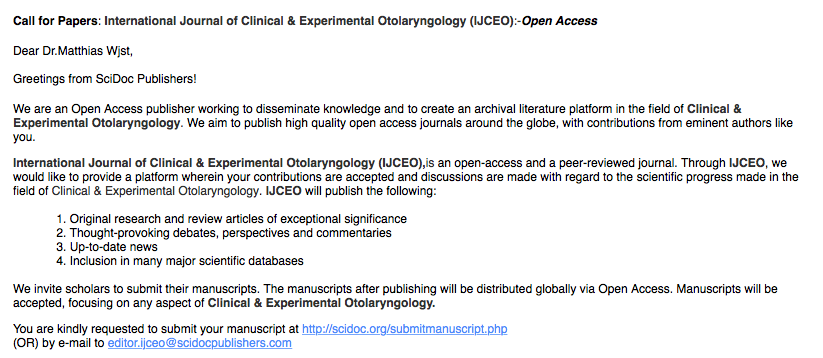NRW zahlt in Zukunft eine 4000 Euro Prämie an die Universitäten für jeden bestandenen Absolventen. Nicht von ungefähr ist NRW nun auch Nehmerland im Bundesfinanzausgleich. Damit werden also nun die letzten NRW Studienabbrecher zum Abschluss gebracht, denn welche Uni wird sich wohl die Prämie entgehen lassen? Vielleicht müssen sich Personalchefs nun Köln, Bielefeld, Bochum, Bonn, Dortmund, Düssseldorf, Duisburg, Essen, Münster, Siegen, Paderborn, Wuppertal, Aachen und Witten/Herdecke merken. Dabei liegen dem Studienabbruch doch oft handfeste Ursachen zugrunde, die sich nicht mit einer Kopfprämie für die Unis beeinflussen lassen: Änderung des Interesses, nachgelassene Motivation, schlechte Berufsaussichten, finanzielle Schwierigkeiten oder ganz einfach Leistungsüberforderung (zu sehen auch in dem zuletzt vorgestellten Report “Gesundheit von Studierenden“).
Vielleicht sollte das NRW Ministerium mal das Stichwort Überakademisierung googeln (oder auch Bildungsprekariat). Denn die falsche Nutzenschätzung eines Hochschulstudiums zieht einen Rattenschwanz an Problemen hinter sich her von Nivellierung der Ausbildung bis zum Wertverlust des Abschlusses. Eigentlich noch viel wichtiger ist der unwiederbringliche Verlust vieler Handwerksberufe – alles auch bei Nida Rümelin, Akademisierungswahn, nachzulesen. Und selbst die Bundesbildungsministerin “findet die Lage von Nida-Rümelin korrekt beschrieben”.
Dabei kann man doch die Abbrecherquote mit weitaus sinnvolleren Mitteln senken: Continue reading 4000 Euro Kopfprämie →
CC-BY-NC Science Surf
accessed 20.02.2026



